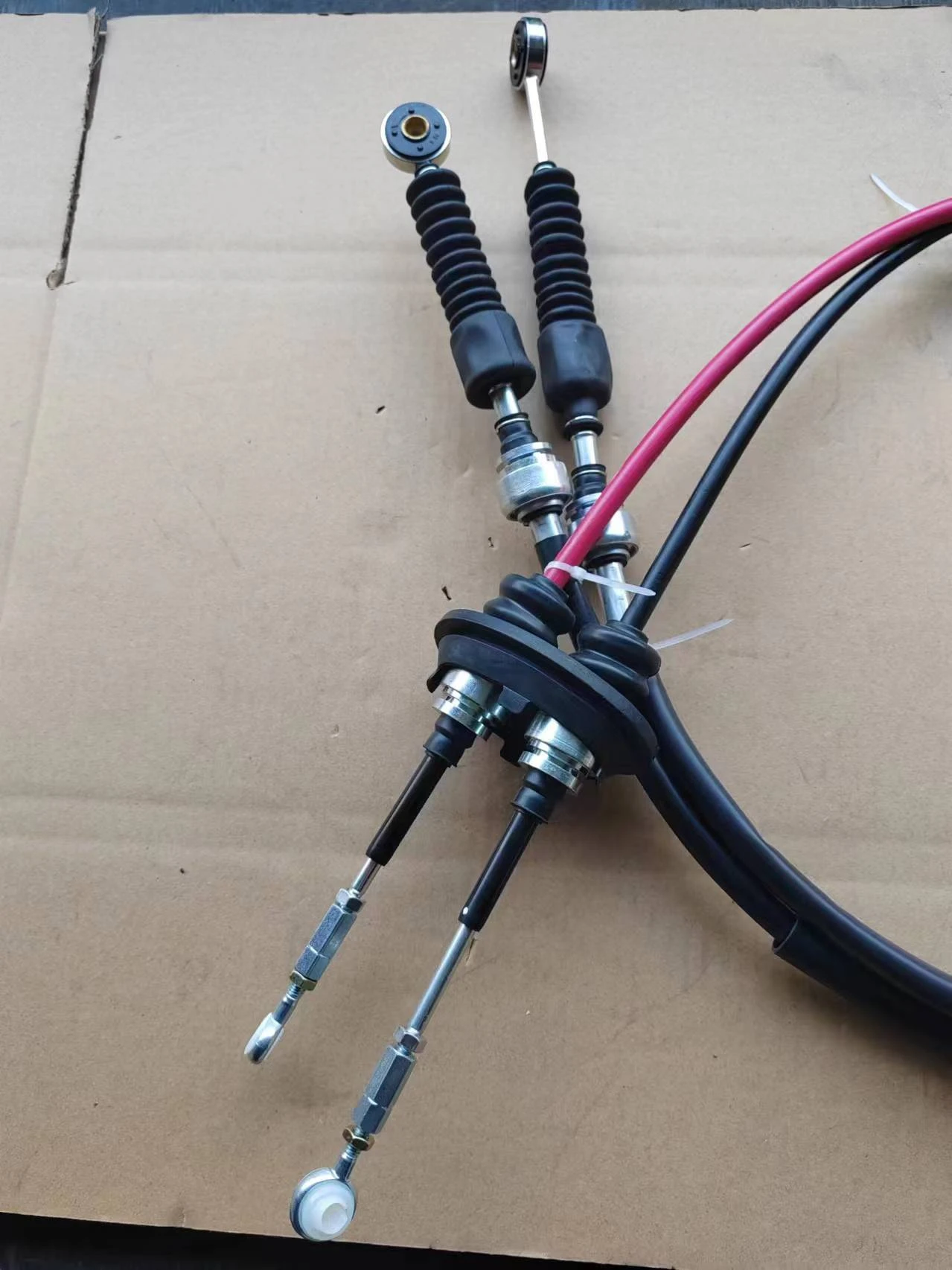Understanding the Function and Maintenance of Emergency Brake Cables in Vehicles
Understanding the E-Brake Cable Function, Maintenance, and Importance
The e-brake, also known as the emergency brake or parking brake, is a critical component of any vehicle's braking system. This important feature provides an extra layer of safety, ensuring that the vehicle remains stationary when parked, especially on inclines. At the heart of the e-brake system lies the e-brake cable, which plays an essential role in its functionality. In this article, we will explore the purpose of the e-brake cable, its maintenance, and why it is vital for vehicle safety.
What is an E-Brake Cable?
The e-brake cable is a specialized wire that connects the parking brake lever or pedal to the brake mechanism at the wheels. When the driver pulls the e-brake lever or presses the foot pedal, the cable pulls on the brake shoes or pads, which in turn clamped onto the brake drum or disc. This action locks the wheels in place to prevent the vehicle from rolling away. The e-brake system is particularly useful in situations where the main hydraulic brakes may fail or become compromised.
Importance of the E-Brake Cable
The e-brake cable is not just a link in the chain of the braking system; it is an indispensable safety feature. It is crucial for preventing accidents, especially in scenarios where a vehicle may be parked on a slope or hill. The e-brake gives drivers peace of mind, knowing that their vehicle won’t roll away unexpectedly when parked. Moreover, in emergencies where the main brakes fail, the e-brake can serve as a backup, providing an essential fail-safe to stop the vehicle.
Signs of a Faulty E-Brake Cable
Like all components, the e-brake cable can wear out or suffer damage over time. Being aware of the signs of a faulty e-brake cable is important for maintaining vehicle safety. Common indicators include
1. Pulled Lever/Loose Pedal If the parking brake lever feels loose or requires excessive force to engage, it may be a sign of a stretched or broken cable.
2. Warning Light Some vehicles come equipped with a warning light that activates when the e-brake isn't functioning correctly.
e brake cable

3. Ineffective Braking If the e-brake fails to hold the vehicle in place when engaged, it is essential to inspect the cable for wear or misalignment.
4. Corrosion or Rust Visible signs of wear, such as rust or fraying on the cable, can indicate that it is time for replacement.
Maintenance of the E-Brake Cable
Routine maintenance of the e-brake cable is vital for optimal performance. Regular inspections can help identify potential issues before they escalate. Here are a few maintenance tips
1. Regular Inspection Check the cable for signs of corrosion, rust, or damage during routine vehicle maintenance. Ensure the connections are tight and undamaged.
2. Adjust the Tension Over time, the tension of the e-brake cable may loosen. It is essential to adjust the tension to ensure it performs adequately.
3. Lubrication Apply lubricant to the cable to prevent it from becoming sticky or seized over time, which can cause improper engagement.
4. Professional Servicing If you notice any signs of issues, it is wise to consult with a professional mechanic. They can provide thorough inspections and necessary repairs or replacements.
Conclusion
The e-brake cable may often be overlooked, but its importance in the vehicle's braking system cannot be overstated. This essential component not only facilitates the proper functioning of the emergency brake but also contributes significantly to overall vehicle safety. Regular maintenance and timely replacement of a faulty e-brake cable are crucial steps in preventing accidents and ensuring that your vehicle performs reliably. Just like any aspect of vehicle care, paying attention to the e-brake cable will help you keep your car safe and functional for years to come.
-
Upgrade Your Vehicle with High-Quality Handbrake CablesNewsNov.01,2024
-
Optimize Your Bike's Performance with Quality CablesNewsNov.01,2024
-
Enhance Your Vehicle's Performance with Quality Clutch ComponentsNewsNov.01,2024
-
Elevate Your Vehicle's Performance with Quality Throttle CablesNewsNov.01,2024
-
Elevate Your Vehicle's Performance with Quality CablesNewsNov.01,2024
-
Affordable Solutions for Your Cable NeedsNewsNov.01,2024
